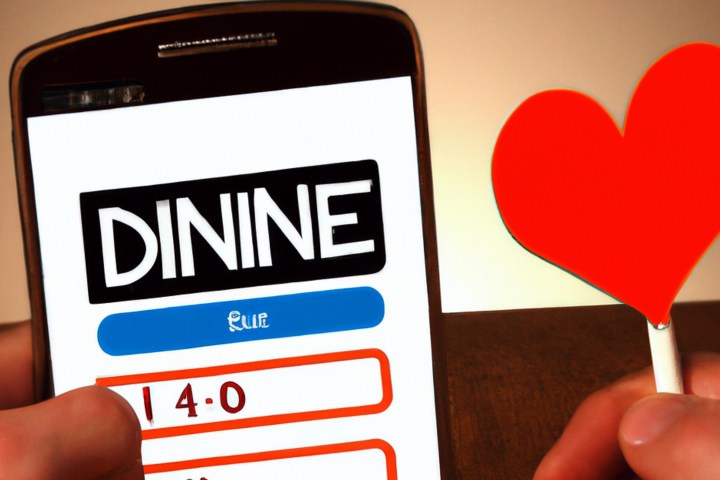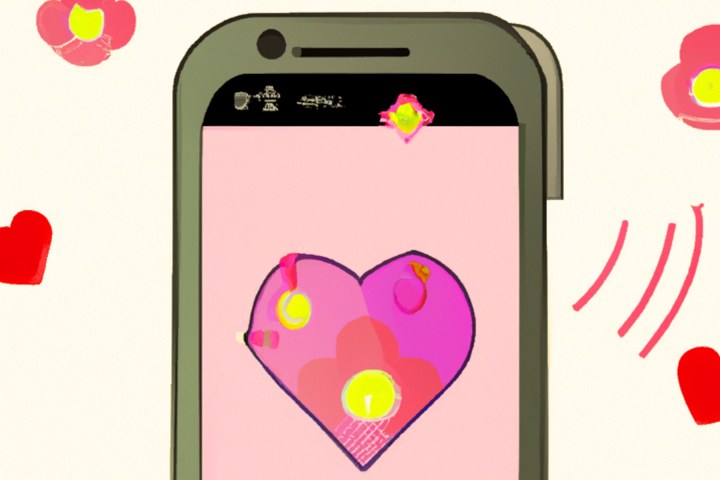The fest of love is nigh, and so is the risk of becoming the next victim of a dating app scam. Social media is brimming with videos of how you can get the best out of this Valentine’s Day, but only a few are talking about the bad actors that are ready to scam some gullible lovelorn soul on online dating apps.
It’s a huge business, and every year, people do end up heartbroken — along with having a significantly lighter bank account. If you’ve been waiting for some credible research and scientists to give you valuable counsel, your wish has been granted. The folks over at Georgia State University teamed up with experts in criminal justice and cybersecurity to study the world of “romance fraud.”
All the research data was collected from victim testimonials and online platforms, amounting to over 10,000 such reports. What follows are some of the key findings that came out of the research.
Hold on to your emotions

One of the most common signs of a potential scam is when a person pushes hard emotionally right off the bat. For example, when the person on the other end quickly narrates a tale of deep personal tragedy or tries to elicit a sense of guilt, it’s usually a red flag —and you should tread with caution.
Through WhatsApp and Instagram status updates, I asked my contacts if they’d personally fallen into the trap of online dating scams, and the responses were surprising. On condition of anonymity, one UX designer told me that a Tinder match recounted their struggles with managing their studies and freelance job while dealing with a sick brother.
In a nutshell, don’t act impulsively in response to stories of misery without proper vetting.
The two sides actually took it slow, and only after two weeks of chatting, did the tale of tragedy come out. No sooner than the victim had wired a significant amount of money, all social media and messaging routes were blocked. The scammer promptly scrubbed their Tinder and Instagram profiles, too. In a nutshell, don’t act impulsively in response to stories of misery without proper vetting.
Another study published in the Cyberpsychology, Behavior, and Social Networking journal also mentions that “in romance scams, victims are often asked to urgently send money in an unexpected crisis.” The reverse also happens, turning the victim into a criminal. If a dating match asks to deposit money into your account, that could well be a laundering tactic. On a concluding note, if money talk pops up early, stay on the fence.
Do not jump platforms

One of the biggest red flags that you should pay close attention to is when the other person tries to move the chat away from a dating app or website. Dating platforms advise against doing that, and some even show a warning banner when they detect a number being shared in the chat.
Experts behind the latest research say it is a common tactic to “isolate the victim” and get them to a field where it is easier to hoodwink them without any security or reporting mechanism. For example, a bad actor can easily create an account on a dating platform like Telegram without even using their phone number.
If the conversation jumps from a dating app to a messaging platform, avoid sharing personal pictures. If an individual seems too eager to share private images and videos, try to avert the exchange of such media. This could easily evolve into an extortion scam. The best way forward is to get on a video call and not rush into any kind of commitment or deep emotional declarations.
Look beyond the profile

One of the easiest ways to deceive romance seekers is with an attractive profile picture and a handful of generic interests, but nothing peculiar that one usually associates with a unique personality or quirkiness. An excellent piece of research titled Anatomy of the online dating romance scam notes that “all trajectories start with an attractive profile that draws the victim into a potential relationship.”
Published in the February 2013 volume of the Security Journal, the research points out that in the case of a heterosexual male or female individual with an attractive profile picture, they are usually observed seeking a “trustworthy partner” while describing themselves as an honest person.
These fake profiles often claim that they reside in a different city or country, but are currently living in the victim’s region for work. The best way to vet such profiles is by asking them to talk on a phone call, or — better yet — get them on a video call and verify their identity. If they refuse to do it or show reluctance with sharing recent pictures from their social media sites, stay cautious.
Be kind, not impulsive

“Stay away from the EDL types,” we’re often told. In the online dating lingo, EDL stands for Early Declaration of Love. Irrespective of whether you’re looking for a longtime partner or just seeking something casual — if a dating match professes deep love and talks about long-term commitment within a few days or a handful of weeks, it’s a sign that you are being rushed into establishing an emotional bond.
Experts warn that people who are kind and emotionally mellow in their real lives often fall for such passive coaxing. If you encounter an instance of EDL right on the dating app itself, try to steer clear and don’t entertain such romantic vibes.
Stay away from the EDL types.
It’s hard to get a hold of one’s emotions in scenarios of a sudden and intense declaration of love, but the most reasonable way to handle such scenarios is to take a step back and assess things with an open mind. For example, one of the biggest red flags of an EDL-type scammer is that they pretend to have the same interests in hobbies, content-watching habits, and even ideological perspectives.
Another piece of research published in Clinical Practice & Epidemiology in Mental Health notes that “within a short time of initiating contact, the scammer tends to speak about the relationship as being permanent, often proposing marriage.” To put it simply, process “love at first sight” sentiments with some caution.
If you’re willing to dive deep, research covering “romance fraud” has been published in the American Journal of Criminal Justice. Also, if you come across a bad actor and fear that they might harm others online, you can visit the Federal Trade Commission’s dedicated help page to report such accounts.




